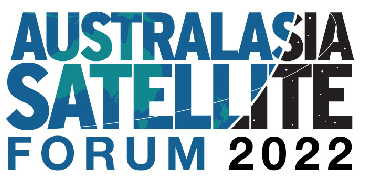|
Scaling on All Fronts : mu Space
and its Rapid Growth
mu Space Corp ended 2021 by
releasing the price of their latest satellite, the
mu-B200, at $4
million. The mu Space satellite, built in-house from top
to bottom, features a unique power
system that can be further tailored to each client's
demands. Apart from the rapid growth of
production, mu Space has also been continuously
expanding their workforce throughout the first
quarter of 2022.
An important target for mu Space
this year is the plans to continuously innovate and
develop
existing products. The company aims to scale up its
production of satellites to 100 satellites a
year, and has now introduced its high-powered Battery
Pack to the Southeast Asian market,
with plans to scale its production to one million
battery cells this year. At this moment mu Space
is in the phase of releasing its products, like the
mu-B200 satellite, components and the Battery
Pack, to the presale market. These products are all
manufactured within the company's facility,
Factory 1, which is now 100% operational and has the
capability to produce satellite
components, spacecraft parts, power systems and next
generation batteries at a lab-scale.
A rapid increase in manufacturing
is a reason for organizations to expand their workforce,
mu
Space has plans to grow its collection of products
throughout 2022 and are looking to grow their
staff to above 300 people, from the current number of
150 employees. The mu Space work
ethos revolves around passion and knowledge, both of
which are seen to be equally important
to experience.
Apart from products and projects,
expanding the business is another major part of mu Space
in
2022. mu Space plans to expand to foreign markets like
the United States and Australia,
thereby mu Space will not only be able to grow its
market presence globally, but the company
will also have the opportunity to join forces with other
aerospace manufacturers in these
markets.
mu Space will continue to expand in
order to accomplish its long-term goal, which is to
create a
supply-chain for the space industry in Southeast Asia,
especially since recent numbers by
Euroconsult have reported that 13,910 satellites are
expected to launch in the next 10 years and
the smallsat manufacturing industry will reach an
estimated $35 Billion in valuation, which is a
205% increase from the previous decade valued at $11.5
Billion. The smallsat market will
continue growing throughout the years, garnering new
interest from investors both within the
country and around the globe.
mu Space is backed by leading
investors, including B.Grimm Joint Venture - Thailand’s
private
power generation industry, Majuven Fund and private
business groups such as executives from
the UCLA Foundation, among others.
Don't miss our High Level
Panel Discussion on Earth Observation
SAVE THE DATE
Australasia Satellite Forum 2022

14 & 15 June 2022
|
